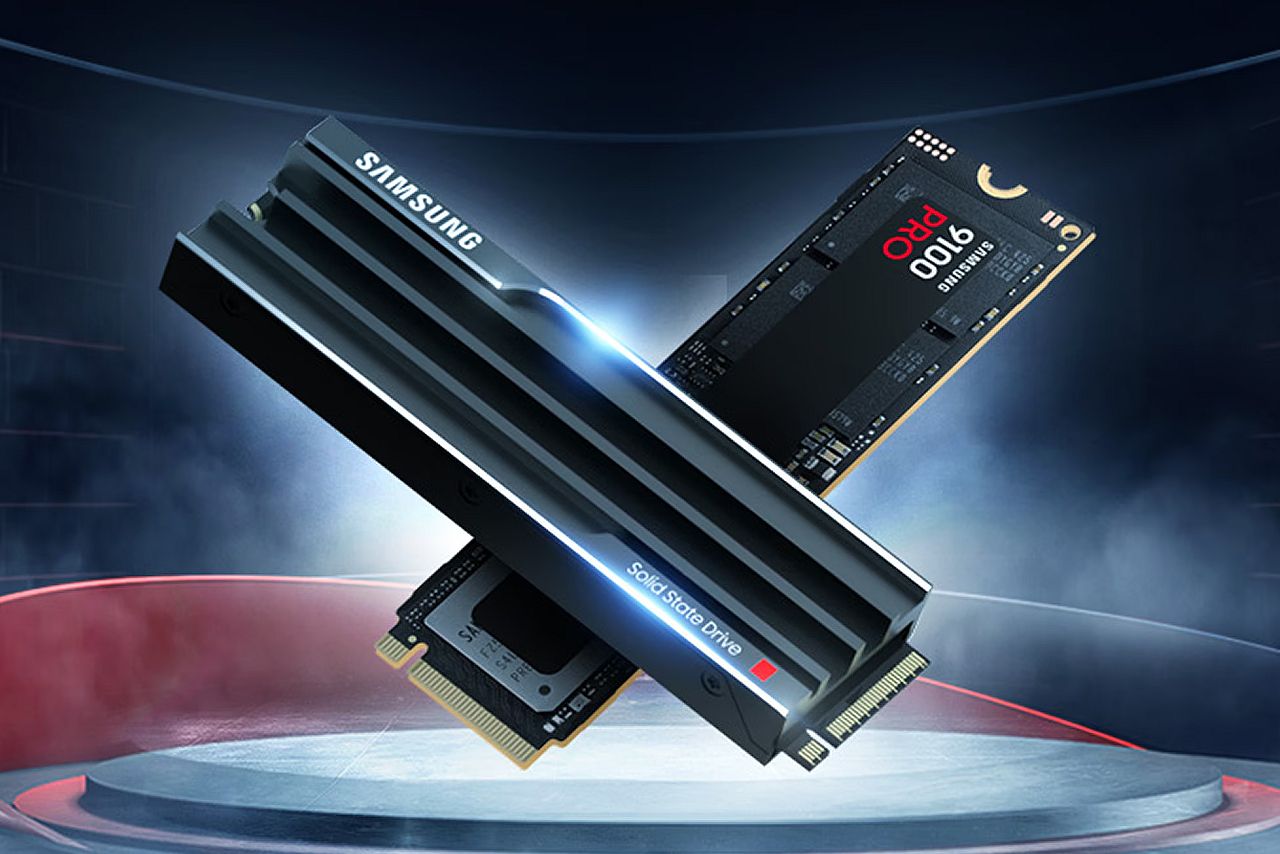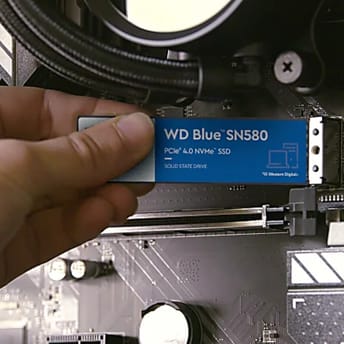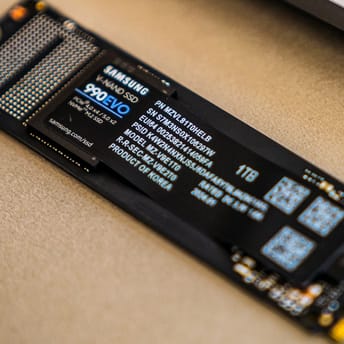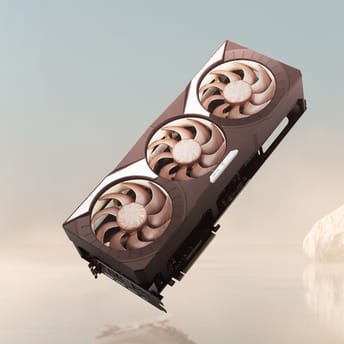Samsung Unveils 9100 PRO 8TB, a Massive PCIe 5.0 NVMe M.2 SSD

|
|
Key points
- Samsung opens pre-orders for the 9100 PRO 8TB and a heatsink edition, expanding its consumer Gen5 M.2 SSD lineup.
- Priced at $999.99 or $1,019.99 (heatsink), rated up to 14,800/13,400 MB/s with 2,200K/2,600K IOPS, 4,800 TBW.
- Most gamers see minimal gains from Gen5 over fast Gen4 SSDs; the real benefit today is capacity and future-proofing.
Samsung has opened pre-orders for the 8TB configuration of the 9100 PRO SSD, available in 2 variations: with and without heatsink. The Gen5 drive is rated at up to 14,800/13,400 MB/s and 2,200K/2,600K IOPS, with MSRPs of $999.99 (base) and $1,019.99 (heatsink). It has a warranty of 4,800 TBW or 5 years.
Samsung introduces the 9100 PRO 8TB and the 9100 PRO 8TB with Heatsink, expanding its consumer Gen5 SSD line to a new capacity tier. Pre-launch sales begin with the base 8TB model at $999.99, while the heatsink variant is listed for $1,019.99.
In terms of specifications, the 9100 PRO is an M.2-2280 NVMe 2.0 SSD, rated for sequential read/write speeds of up to 14,800/13,400 MB/s and 2,200K/2,600K IOPS in random operations (QD32). It uses Samsung’s in-house Presto controller on a 5 nm process with V-NAND V8 TLC, and includes DRAM at 1 GB per TB (so, 8 GB on the 8TB model). Endurance for the 8TB SKU is 4,800 TBW with a 5-year limited warranty. Samsung also claims up to 49% higher power efficiency and twice the speed compared to the 990 PRO models.
In Samsung’s SSD lineup, the 9100 PRO is above the 990 PRO (PCIe 4.0 x4) and 990 EVO (PCIe 4.0 x4/5.0 x2). The maximum size of 990 PRO is 4TB, with speeds up to 7,450/6,900 MB/s and 1,600K/1,550K IOPS, while the 990 EVO is capped at 2TB with up to 5,000/4,200 MB/s and 700K/800K IOPS. The 9100 PRO adds an 8TB tier and nearly doubles the 990 PRO’s stats, while outpacing the EVO models completely.
In the broader market of 8TB Gen5 M.2 drives, alternatives are still limited. TeamGroup T-Force GE PRO 8TB is spec’d up to 14,000 MB/s, and the T-Force GA PRO 8TB targets up to 10,000 MB/s as a lower-tier Gen5 option. Sandisk announced WD_BLACK SN8100 8TB for later in 2025. The Samsung therefore lands among the first broadly available 8TB Gen5 M.2 SSD options.
PCIe 5.0 SSDs have Thermal Design Power (TDP) that usually range from around 10W to 15W, with some high-performance drives potentially exceeding this. Terabytes Written (TBW) is a key metric that determines how much data an SSD can handle before reaching its wear limit. Find more about gaming SSDs in our separate guide (how to read the stats and choose the right SSD for your needs).
Gen5 SSD in Gaming
For pure gaming performance, moving from a fast PCIe 4.0 NVMe to a PCIe 5.0 model doesn’t meaningfully impact frame rates and only modestly affects load times. For gamers, that means the practical value of an 8TB Gen5 drive today is mostly about capacity, rather than raw interface speed: room for giant patches or modifications, high-resolution textures, and installs that no longer require constant shuffling.
On the software side, DirectStorage support on PC is still limited to a short list of titles (Forspoken, Ratchet & Clank: Rift Apart, Forza Motorsport, Horizon Forbidden West, and a handful of others). The API’s promise is lower CPU overhead and more efficient asset streaming. Still, game developers and content pipelines need to leverage it before the benefits become widely visible in modern games.
On consoles, the relevance is mostly capacity. The 8TB Samsung 9100 PRO with heatsink is designed to fit the PS5 expansion slot, but the console operates over PCIe 4.0, so you gain space, not extra Gen5 speed.
Where the 8TB Gen5 SSD shines is mixed play and work use. Players juggling multiple live-service games, Call of Duty–scale installs, or 4-8K texture mod packs benefit from the headroom. At the same time, streamers and creators who capture, move, and edit large video files or build projects in UE5/Unity will see tangible time savings in sustained transfers and asset builds.
In short, PCIe 5.0 SSD helps with throughput, while 8TB SSD capacity removes the uninstall/reinstall carousel. The other significant benefit is future-proofing. If you decide to upgrade your PC with an 8TB Gen5 SSD, you won’t have to think about acquiring the new drive for the rest of the decade.















